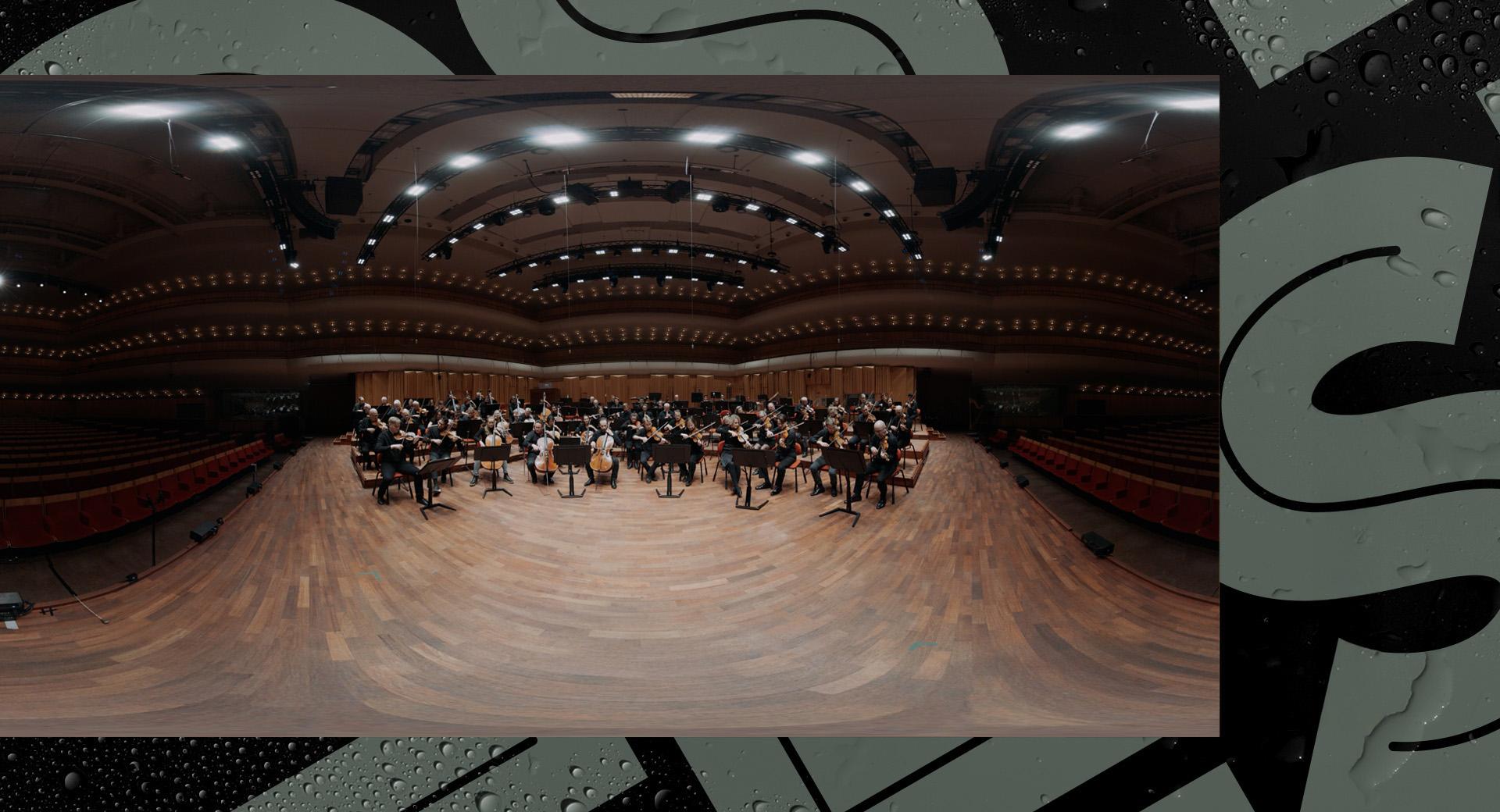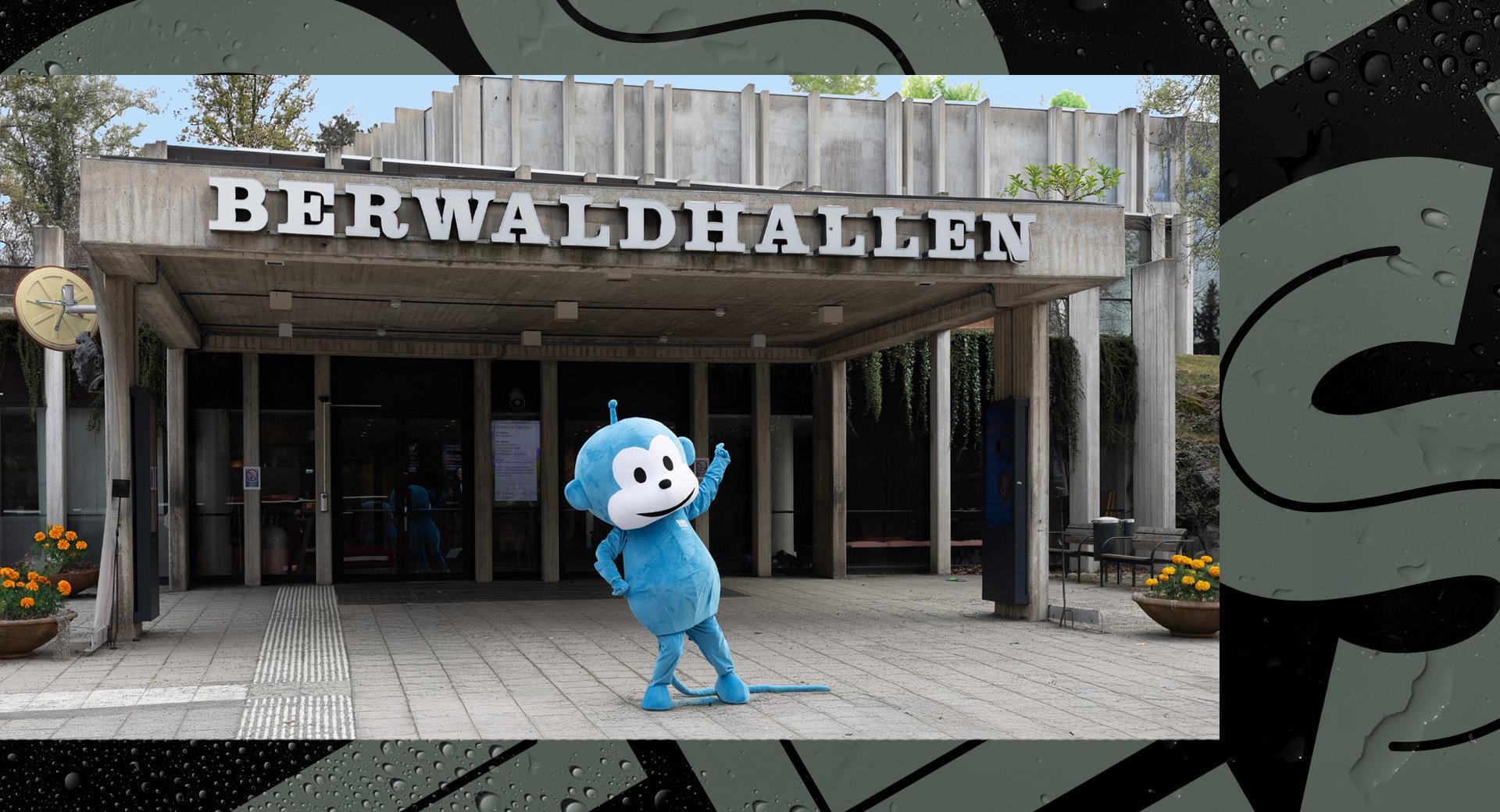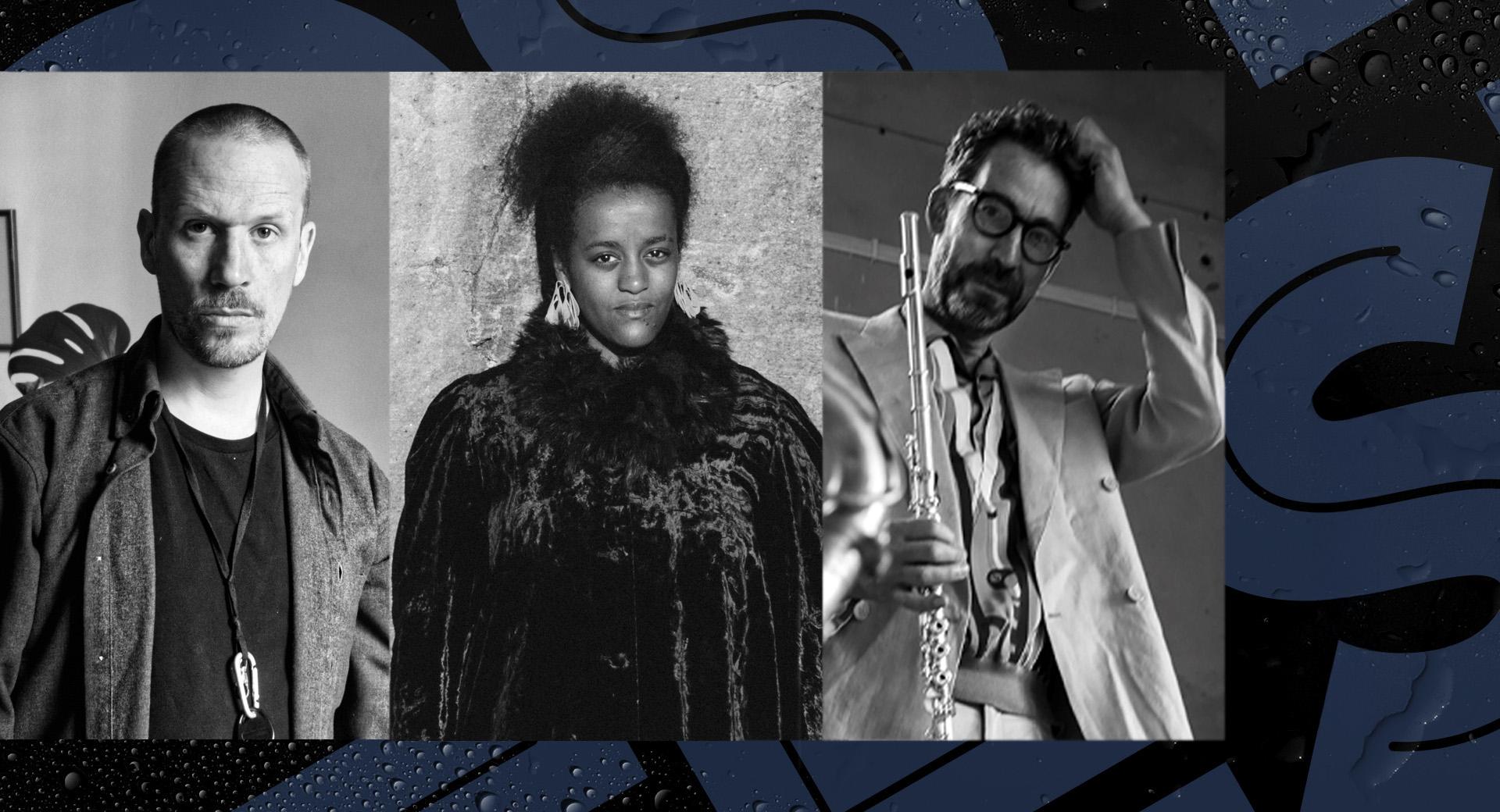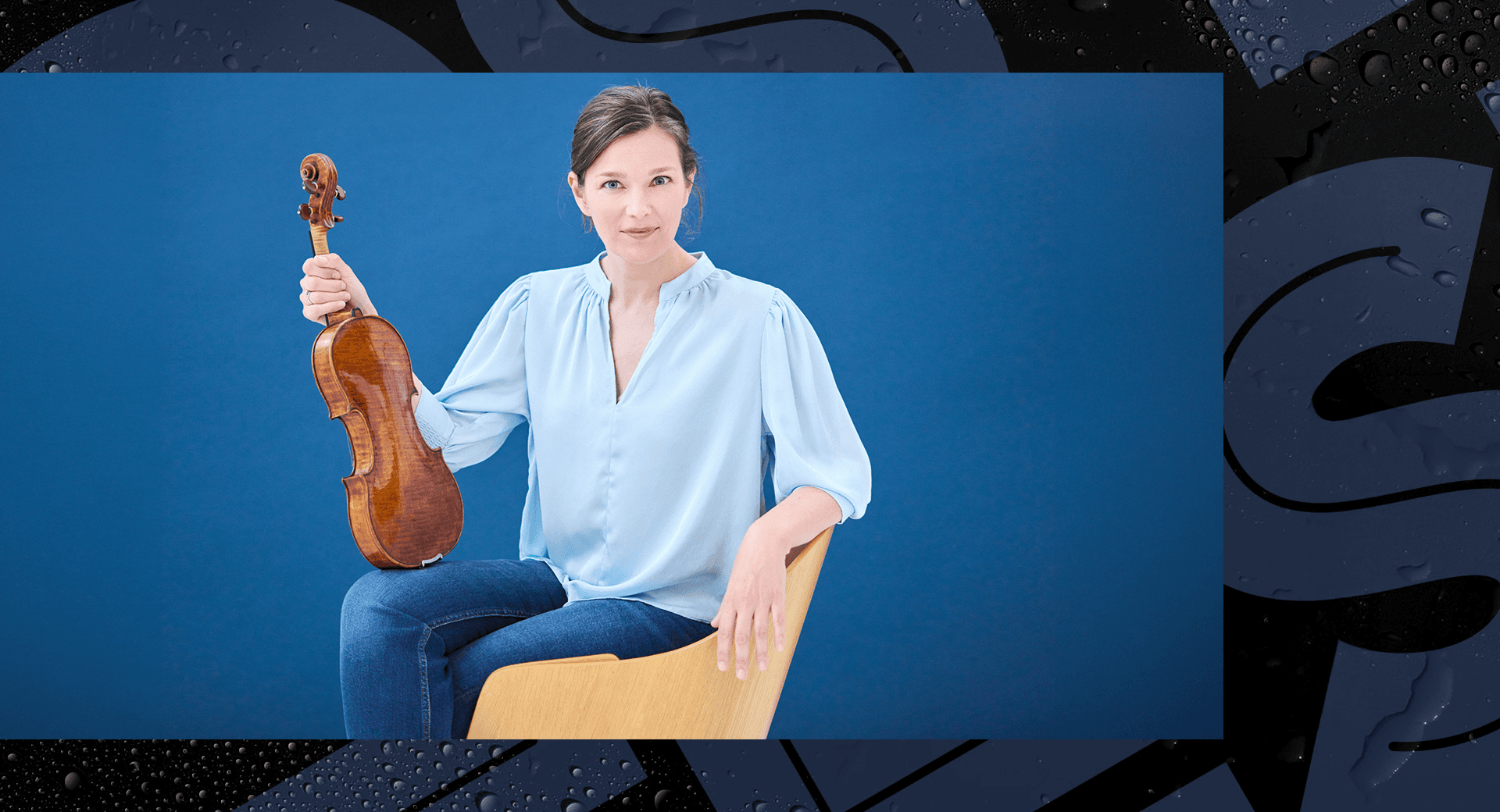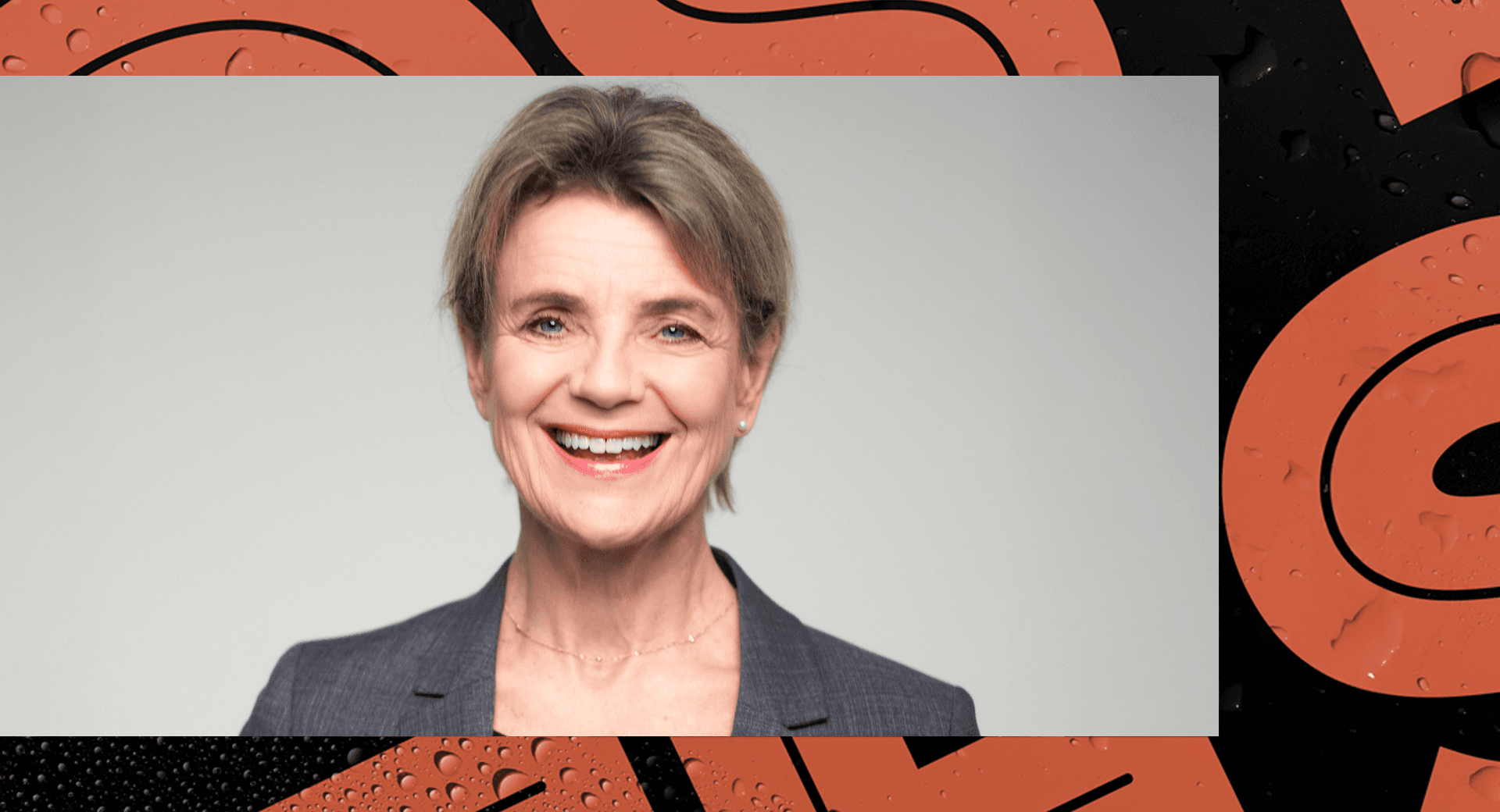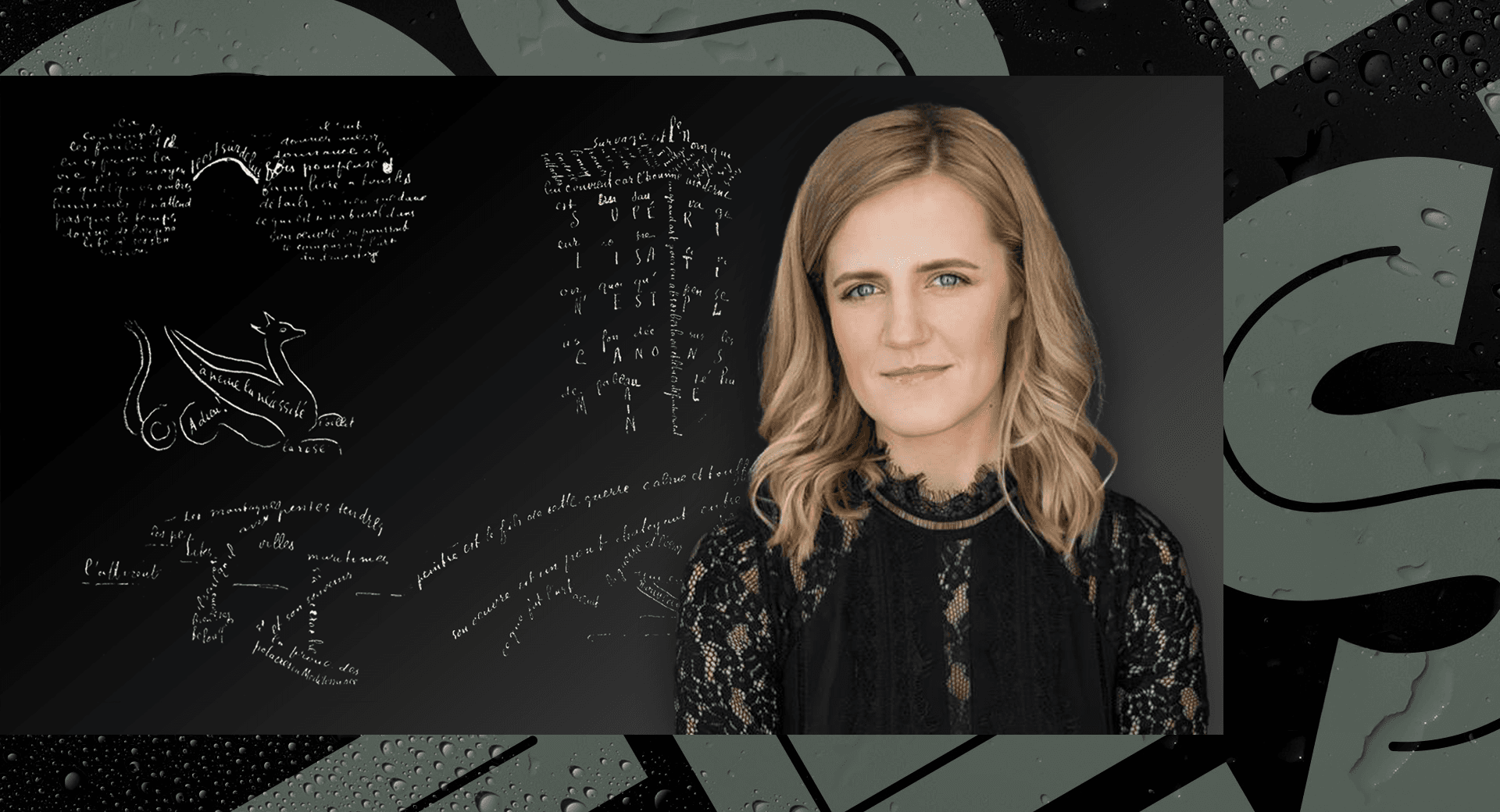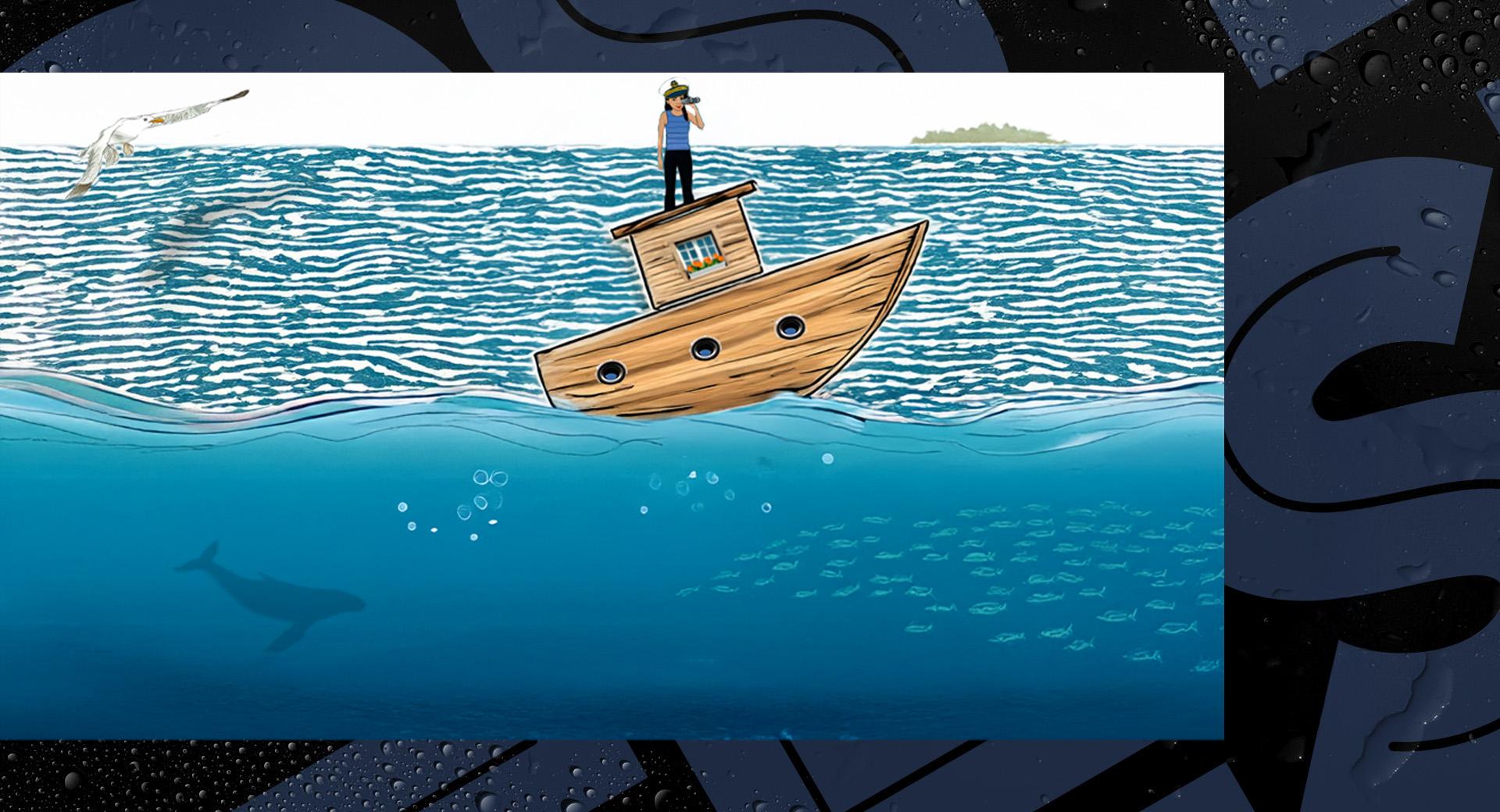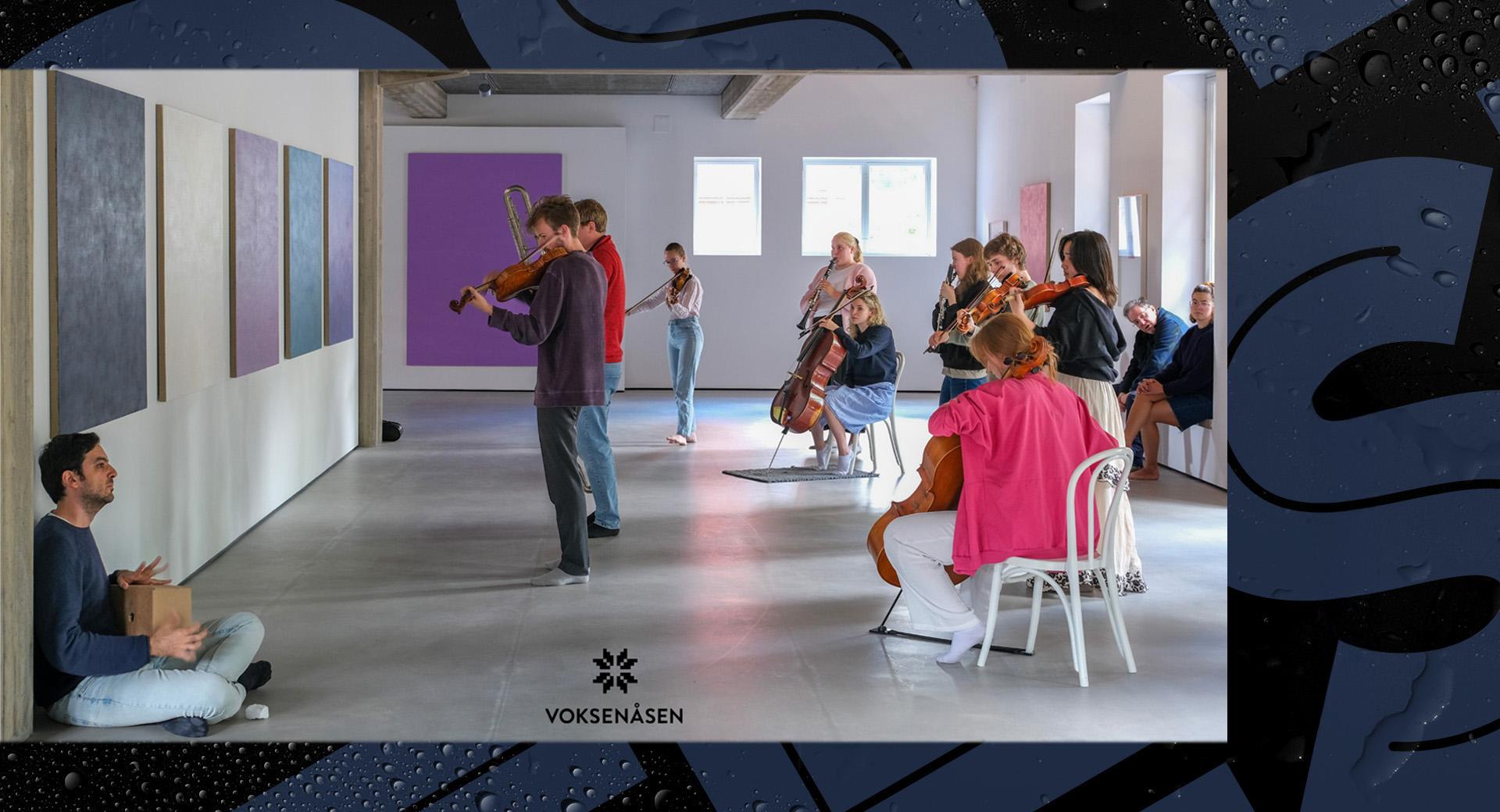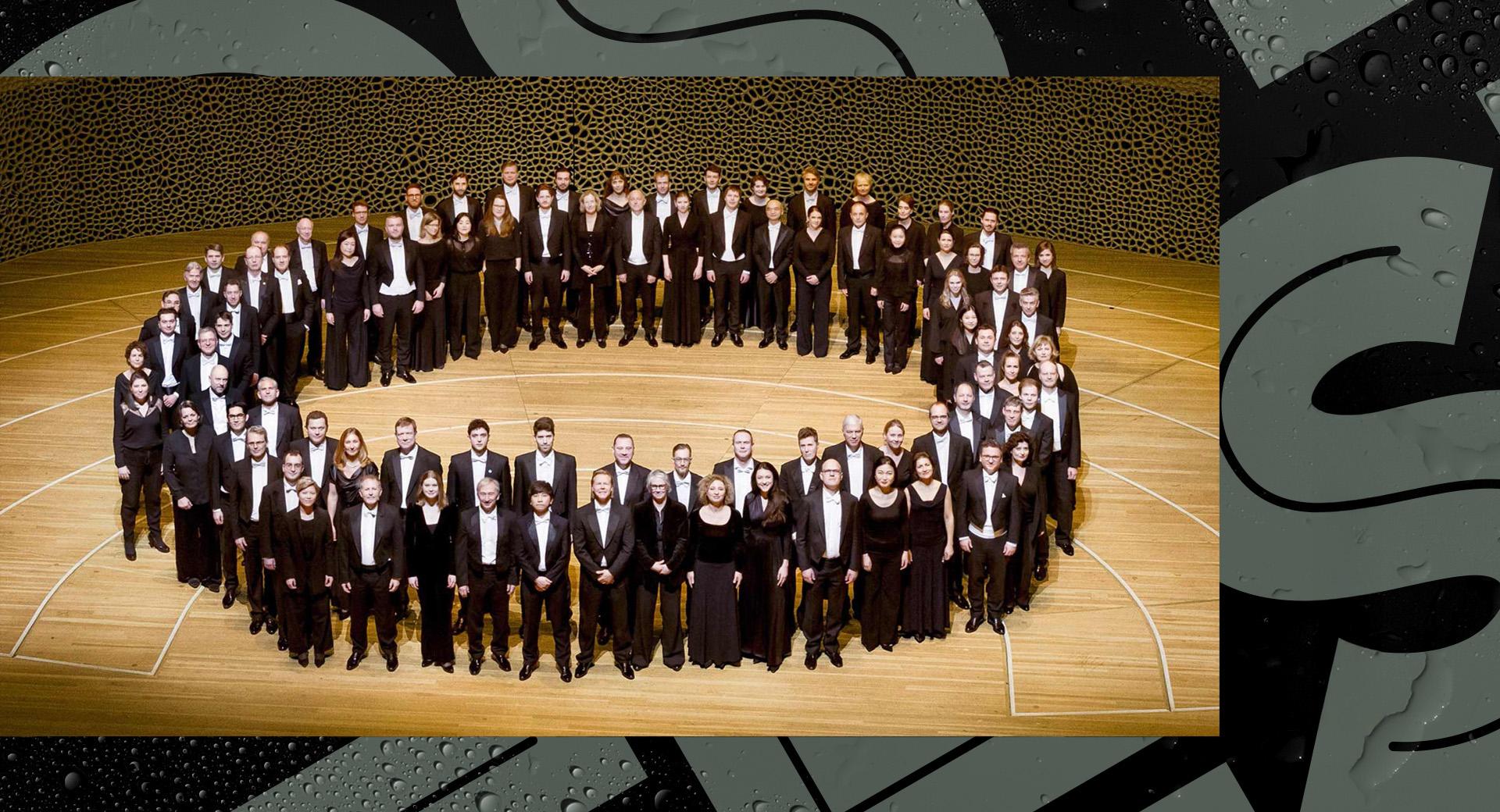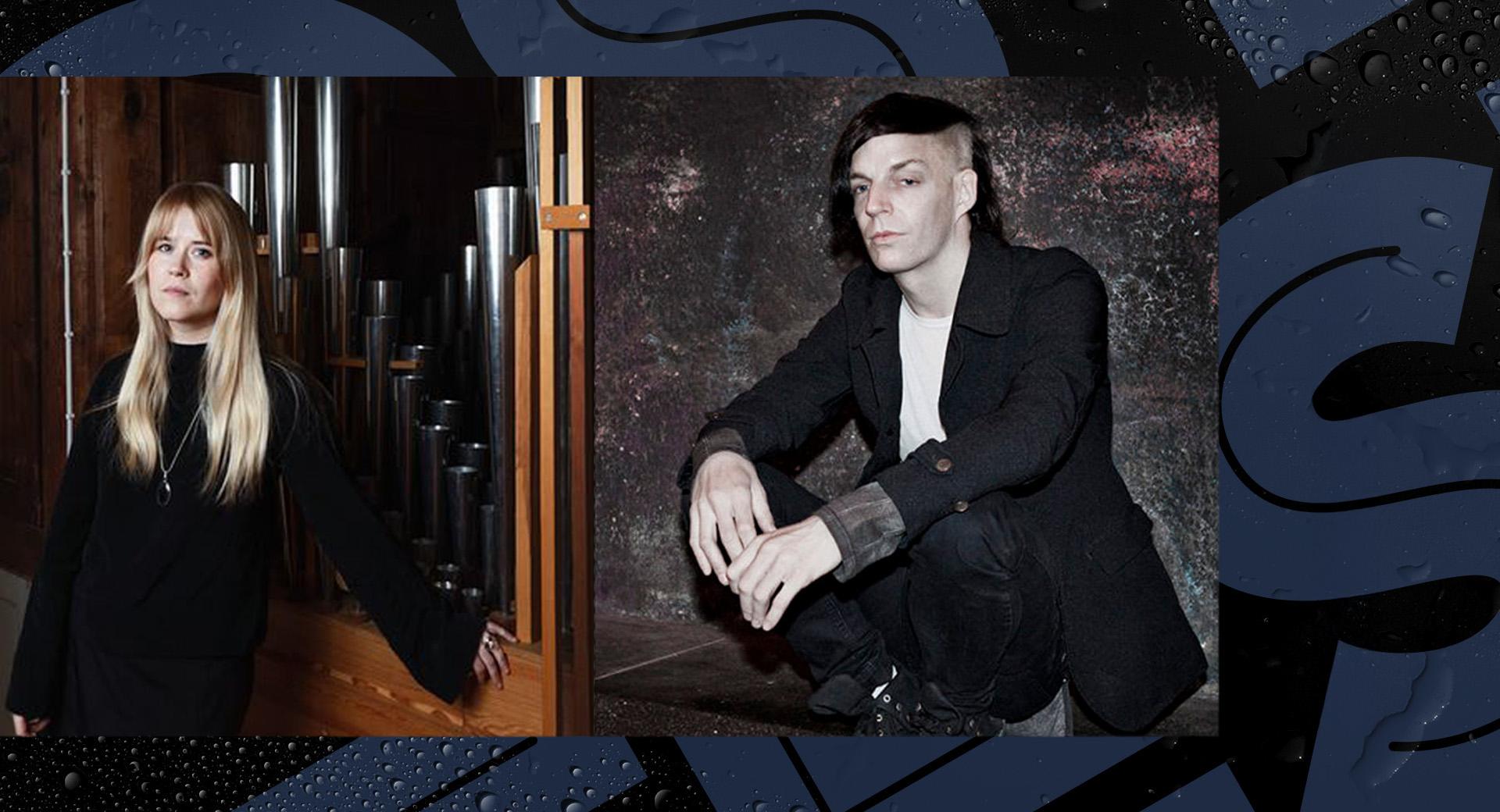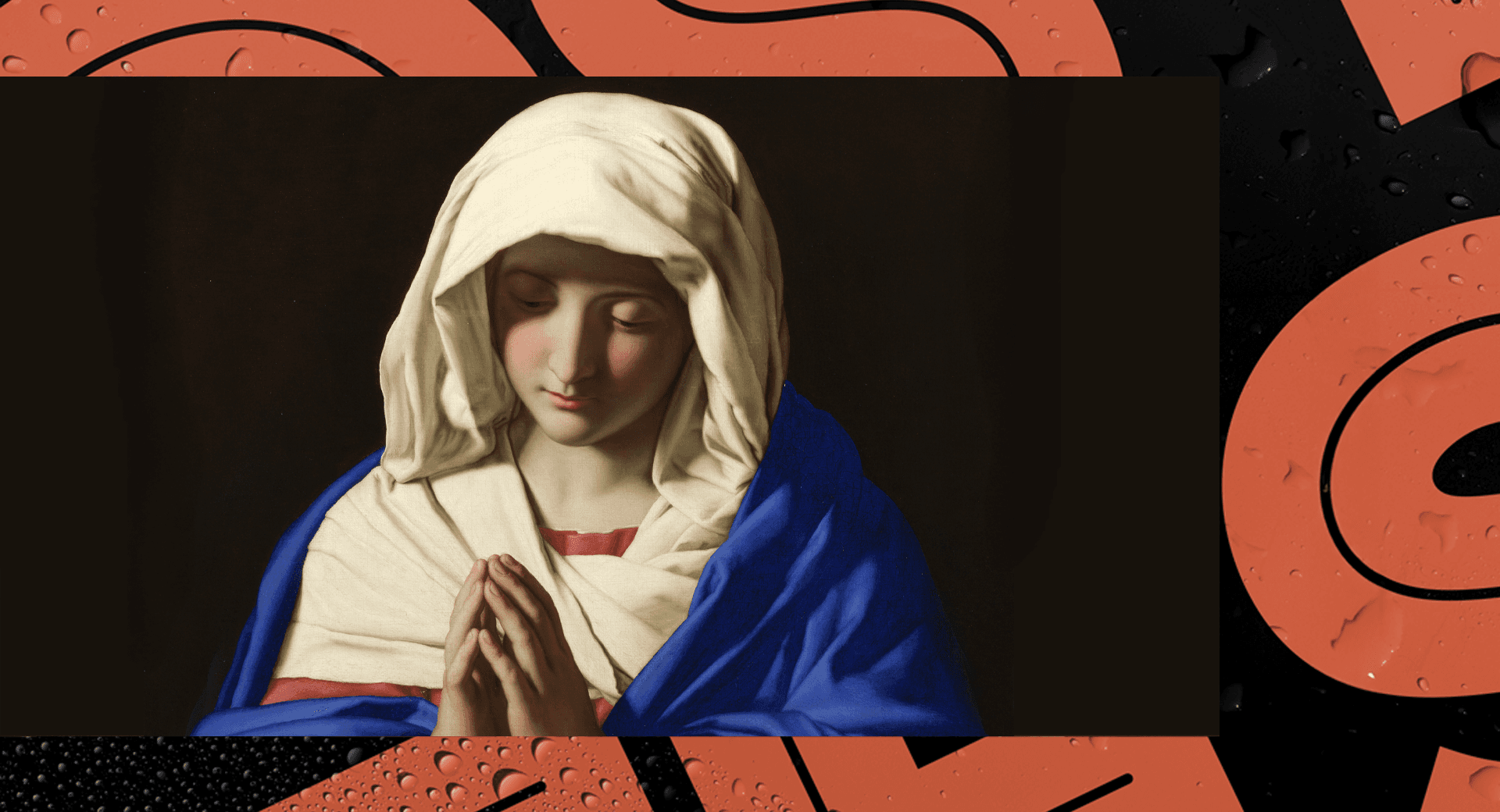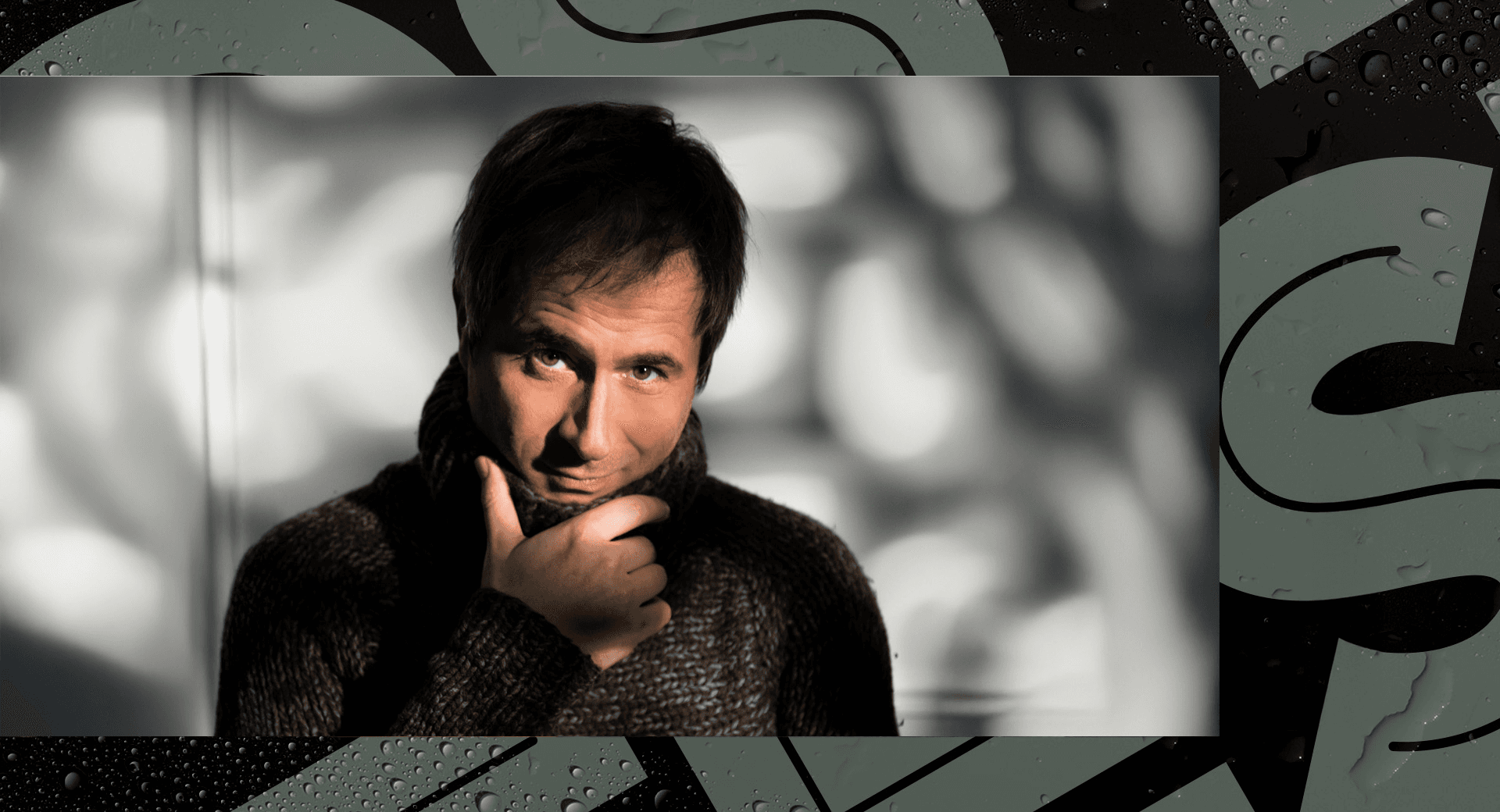Korngold & Tjajkovskij with Gustav Mahler Jugendorchester
This production is part of one or more concert series.
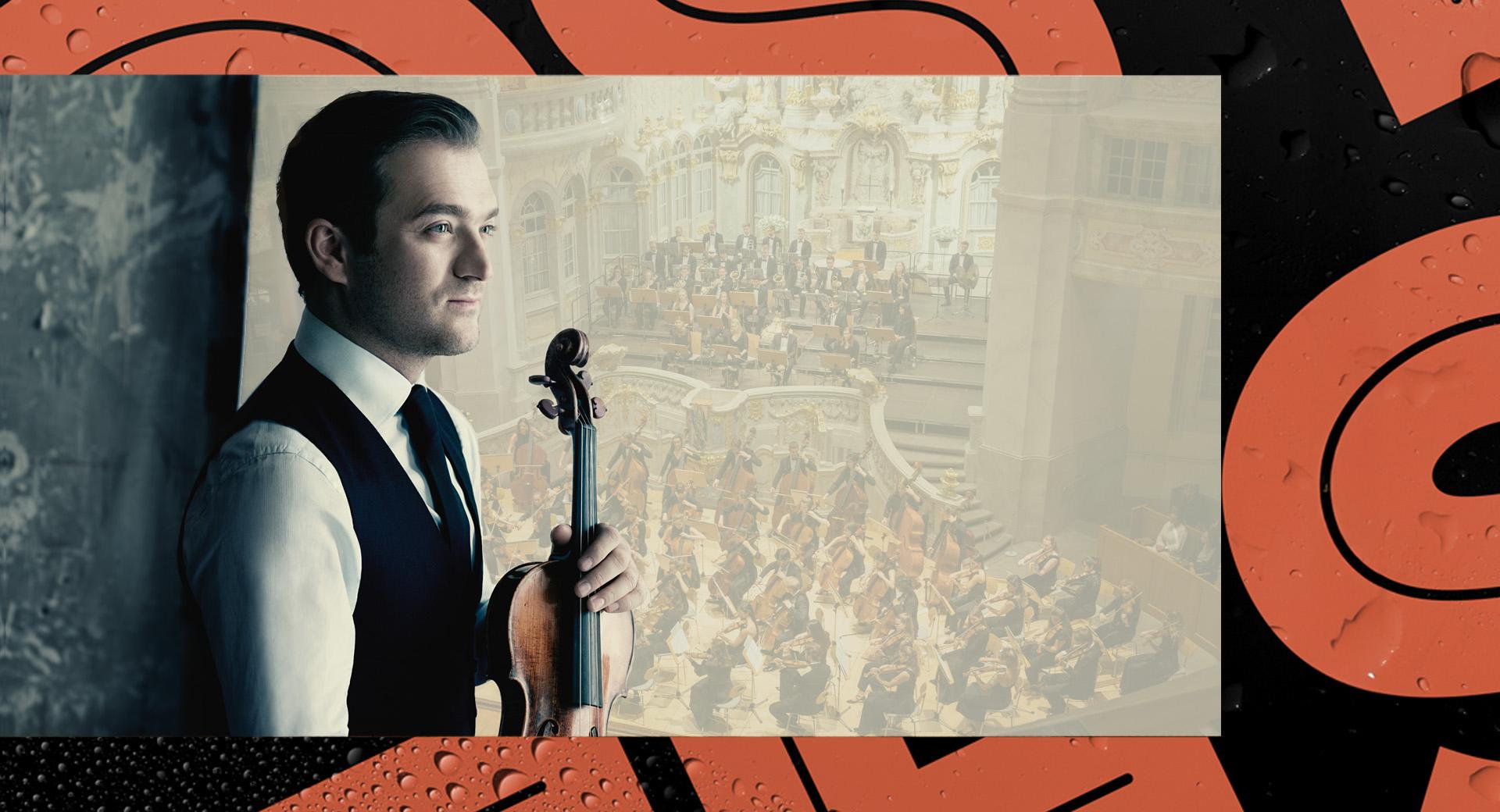
The concert is broadcast live on P2.
Procrastination (from the Latin pro-, “forward”, and crastinus, “until tomorrow” from cras, “tomorrow”) has become a verb that modern man has embraced, from the conceptual apparatus of cognitive behavioral therapy to everyday complaining about one’s own habit of putting off tasks. It is said that Mozart had delayed writing the overture to his and librettist Lorenzo Da Ponte’s opera Don Giovanni, and only came to his senses the night before the premiere in Prague. A major deadline, but the musical genius probably already had the entire piece finished in his head – it just had to be put down in print. With the help of his wife Constanze, he stayed awake and early in the morning of October 29, 1787, the orchestra was able to get the notes for the music they were to perform that evening.
The result is one of the most memorable openings in opera history. Two fateful chords in D minor menacingly strike the story of the cold-blooded seducer. The chords return in the second act, when the Commander whom Don Giovanni murders in the opera’s opening haunts him to exact revenge. In this way, the piece differs from the independent orchestral works of Mozart’s previous operas into overtures. The theme from the opera involves it to become part of the drama’s plot, and looks forward to the leitmotifs that Wagner will write.
After the dramatic introduction, a lively Allegro in D major follows. Here we are seduced by Don Giovanni’s carefree character. The contrast between the darkness and the exuberant Allegro reflects the opera’s entirety: a balancing act between comedy and tragedy. The meeting between the opera seria and opera buffa characters and how they relate to the capricious Casanova. Mozart’s Don Giovanni overture is more than an introduction, it is a portal through which we step into the world of the drama – where death lurks behind the charming surface and laughter gets stuck in our throats.
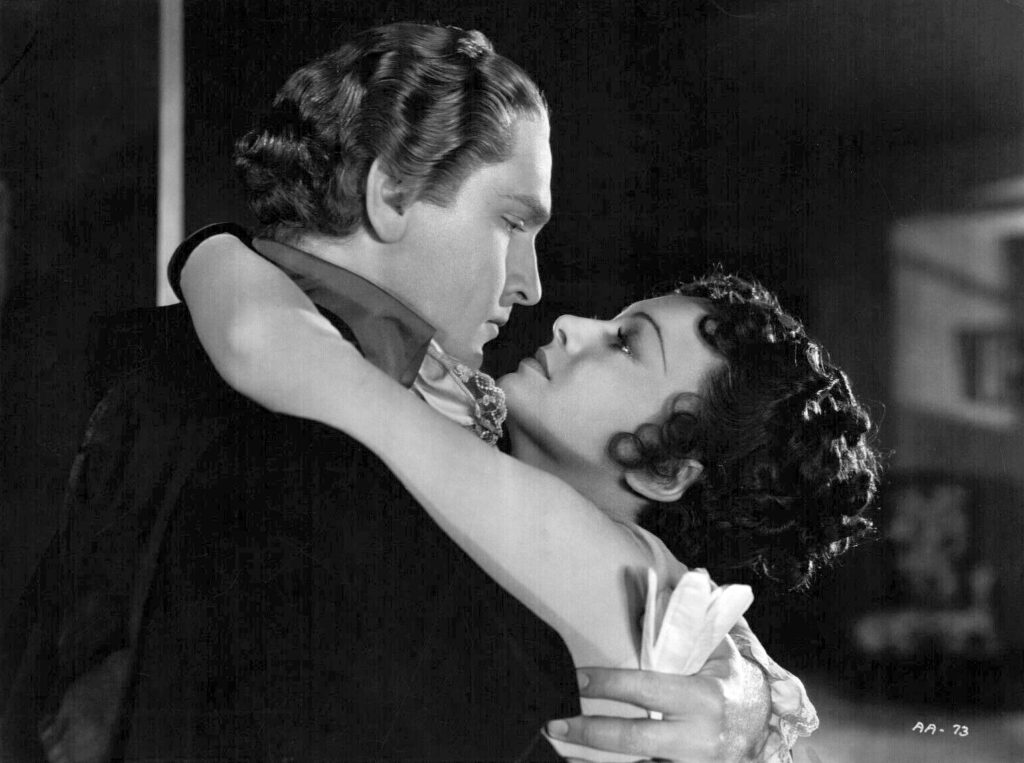
If you are named Wolfgang after the great master, you have the path set for you. Erich Wolfgang Korngold was named a child prodigy by Gustav Mahler at the age of nine and had a successful career in Vienna before the First World War. But it is his work in Hollywood, where he went in 1934, that made him world famous. To this day, his romantic film music with Wagnerian leitmotifs and rich symphonic arrangements is what we associate with the genre today.
What began as a visit for professional reasons turned into a matter of survival. The Jewish-born Korngold stayed in Hollywood throughout the Second World War. After the war, he wanted to return to Europe. With that aim, he wrote a series of works in prestigious genres such as string quartet, concerto and symphony. One of these is the violin concerto, which weaves into a lot of his film music. The opening melody of the first movement is from Another Dawn (1937), while the calm side theme comes from Juárez (1939), the expressive romance in the second movement takes its melody from Anthony Adverse (1936) – music that had given Korngold his first Oscar statuette – and the lively final movement is based on the music for The Prince and the Pauper (1937). Korngold wanted his film music to be like wordless opera, an opera without singing. In the D major concerto, the violin is the great diva who plays exposed almost the entire time and drives the entire piece. Korngold lets the soloist shine into the finale with technically challenging moves. The staccato jig of the final movement demands the utmost from both violinist and audience so as not to forget to breathe.
Complete resignation to Fate… Murmurs, doubts, complaints, reproach against XXX. – Pyotr Tchaikovsky
Today, we as an audience tend to want to read biographical facts into the works of older artists, projecting details we have learned about their private lives onto creations that may actually have been created with highly impersonal motives. With a life story like Pyotr Tchaikovsky’s, however, it is difficult not to let it influence one’s perception of his music. Especially when he himself invites it, which is the case with his fifth symphony. Like the fourth and sixth, the mood here is sad and despairing. In a sketchbook from 1888 there is an autobiographical “program” that forms the basis of the work; “Complete resignation to Fate … Murmurs, doubts, complaints, reproaches against XXX”. The cryptic “XXX” has been interpreted by musicologists as a reference to what Tchaikovsky was tormented with throughout his life: his homosexual orientation and the fear that this would be discovered in the very conservative Tsarist Russia. “Complete resignation” suggests that he had come to terms with his nature, that fate is no longer something to fight against.
Initially, the clarinet introduces the somber theme of Fate that will accompany all movements – Fate is inevitable. It breaks into the second movement’s emotional exchange between horn and oboe. The third movement’s waltz has a carefree surface but darkness lurks underneath. In the finale, the theme is transformed into an optimistic major scale. Complete resignation. Tragedy has been replaced by triumph, fear has been overcome by joy. Someone is said to have said “if Beethoven’s Fifth Symphony can be described as Fate knocking on the door to come in, Fate in Tchaikovsky’s Fifth is trying to get out” – or rather to come out.
Text: Clara Mårtensson
Read more about this year's festival
This year’s edition of the Baltic Sea Festival offers magnificent concerts and exciting discussions focusing on nature, creativity, collaboration, and music. Read more about the festival.
